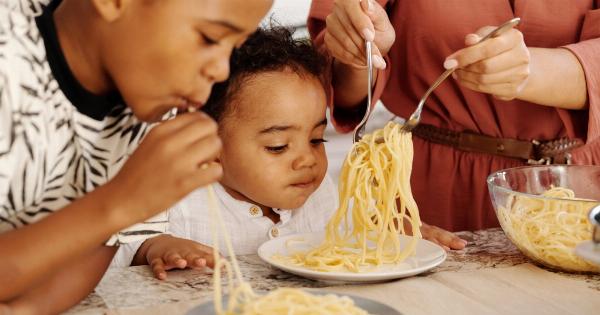Many children may experience constipation at some point in their lives. It is most commonly defined as having bowel movements less than three times a week, with stools that are hard, dry, and difficult to pass.
Constipation can cause discomfort and pain in children, making them irritable and leading to an overall unpleasant experience. Strictly speaking, children who experience constipation frequently often face a reduced quality of life, as well as long-term health risks.
The Causes of Childhood Constipation
Constipation in children is typically caused due to numerous different reasons. It can be due to dietary and lifestyle changes, medical conditions, or medication side effects as well. Below are several common causes of childhood constipation:.
1. Insufficient Water and Fiber Intake
Water is a crucial element to help digestion of food, and fiber in diet helps in the production of softer stools that are easier to pass.
Children who consume inadequate amounts of fiber and water may have a hard time producing bowel movements regularly.
2. Stool Withholding
If a child is holding in their bowel movements or requires a lot of time and privacy while using the toilet, their digestive system gets affected.
Holding stool in the rectum for excessive amounts of time may lead to dried-out or impacted/obstructive stools, making it hard for children to pass them in a healthy way.
3. Changes in Routine
Changes to a child’s daily routine can cause them to become constipated. For example, this might include school starting, new meal routine, or sleeping habits.
The sudden changes in schedule can cause stress or anxiety, which can affect the digestive system and result in the development of constipation.
4. Medical Conditions
Children may experience constipation as a result of underlying medical conditions like Hirschsprung’s disease, irritable bowel syndrome (IBS), or celiac disease.
Children who have neurological problems also have an increased chance of experiencing constipation.
Treatment and Prevention of Childhood Constipation
It is crucial to treat constipation in children right away to avoid further complications. The following tips can help provide relief and prevention of childhood constipation:.
1. Encourage a Fiber-Rich Diet
Try to get your child to consume plenty of healthy and fibrous foods, such as fruits, vegetables, whole grains, and legumes.
These foods have the potential to promote healthy bowel movements through the digestive tract of your child, leading to the prevention of constipation.
2. Offer Plenty of Fluids
Encourage your child to drink plenty of fluids frequently to keep hydrated consistently. Water is one of the best drinks, but low-fat milk or unsweetened fruit juices can provide hydration and nutrition, as well as softening the stools.
3. Get into a Routine
Regular bowel movements can be promoted when there are regular times to use the toilet.
Having a consistent routine and allowing enough time for toilet breaks can work by training your child’s digestive system, allowing them to yield successful results later on.
4. Promote physical activity
Physical activity helps gas and waste products move through the digestive system. Encourage your child to participate in outdoor activities as much as possible.
It’s also important to cut down the amount of sedentary time they spend playing or watching television.
5. Consider Medications and Treatments
If these changes don’t work, a doctor may recommend the respective medications to treat the constipation, such as stool softeners or over-the-counter laxatives. In severe cases, physicians may recommend suppositories or enemas.
Conclusion
Overall, childhood constipation is a common condition that can be treated, prevented, and overcome with various approaches.
Even though some children might experience constipation consistently, particularly those with underlying medical conditions, most cases can be overcome by using a healthy diet, adequate hydration, regular exercise, and developing a consistent routine that can promote healthy bowels and digestive activities.






























